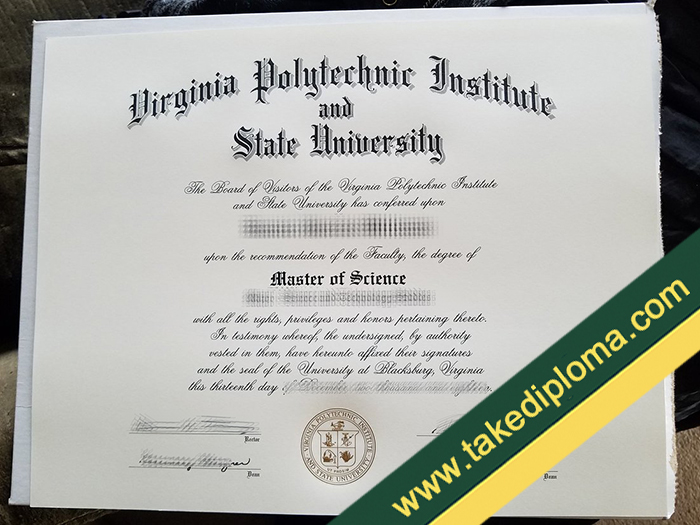Learn about the cost and application requirements for studying abroad at Virginia Tech
Founded in 1872, Virginia Tech is a comprehensive public institution of higher learning with engineering as its main focus. The school covers an area of 2,600 acres, has 125 campus buildings, and the main campus is picturesque. In the US News comprehensive ranking of American universities, Virginia Tech ranks 69th and 14th in engineering in the United States. The school offers many degrees and is the university with the most degrees in Virginia. In addition, Virginia Tech is also famous for American football, and its mascot is an anthropomorphic turkey named “Hokies”.
Tuition at Virginia Tech varies according to academic level. Undergraduate tuition is $30,867, while graduate tuition varies by major. The specific amount needs to be referred to the official information of the school. In addition to tuition, students also need to pay an application fee of $70 for undergraduates and $75 for graduate students. In addition, book fees are also an expense that cannot be ignored. Although the specific amount is not clearly listed, it usually fluctuates according to the needs of the course.

Living expenses are also an important consideration when studying abroad at Virginia Tech. The living expenses for undergraduates are about $4,310, and the accommodation fee is $5,566. In contrast, the living expenses for graduate students are slightly lower, at $3,690, but the accommodation fee is as high as $12,260. These expenses include the basic living expenses of students during their stay at school, such as food, transportation, entertainment, etc.
The application requirements of Virginia Tech are relatively strict. Students applying for undergraduates must have a GPA of at least 3.0, while students applying for engineering majors are recommended to have a GPA of more than 3.5. In addition, students are required to provide TOEFL test scores, which must be above 90 points. Applicants are also required to submit materials such as transcripts, personal statements, resumes, letters of recommendation, etc. In order to be more competitive, students can also provide proof of participation in social activities, specialty certificates, published articles, etc.
